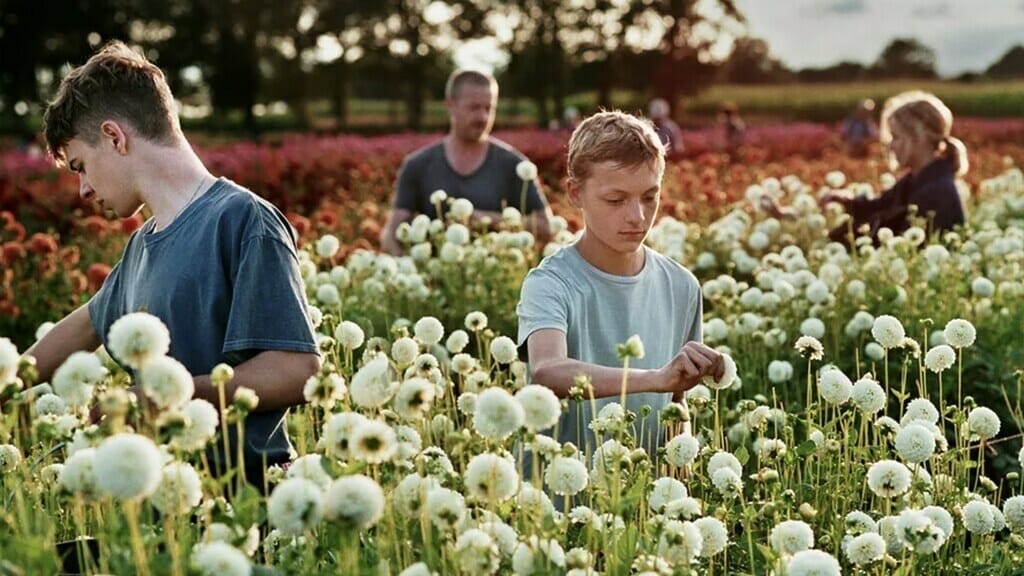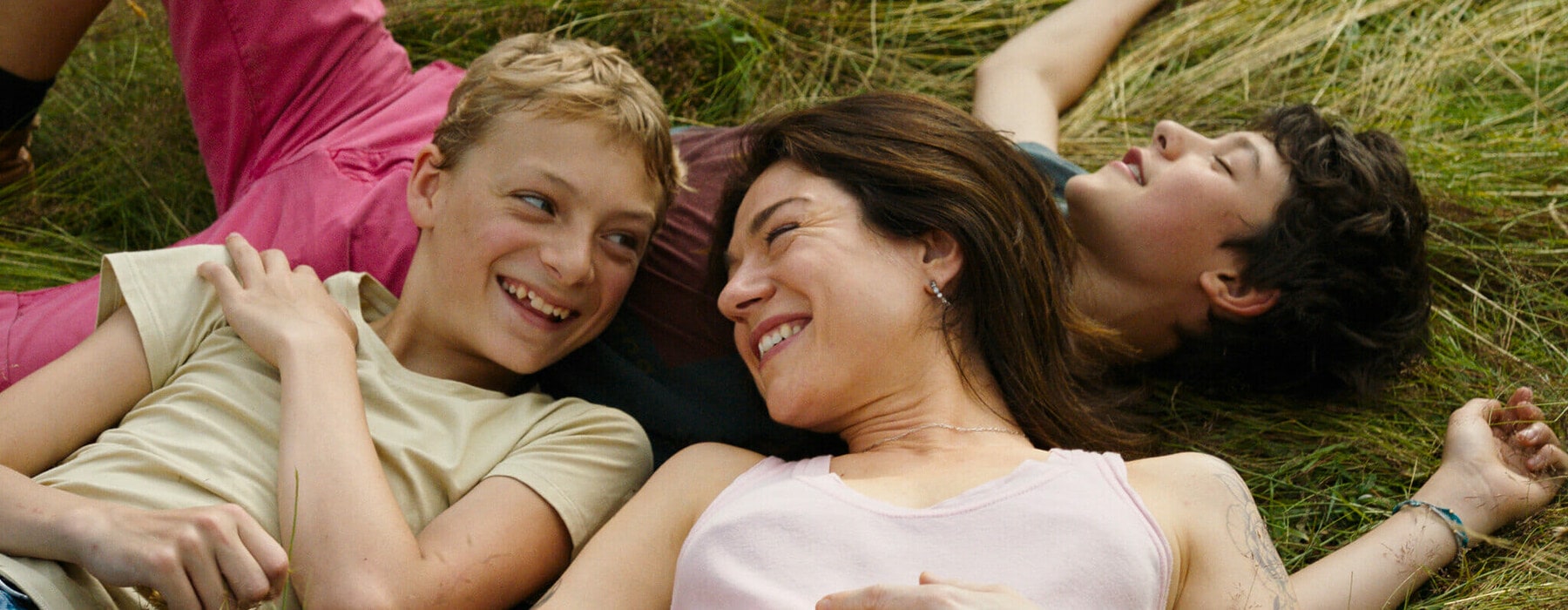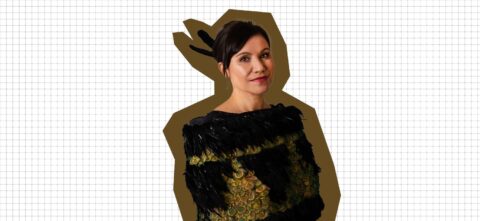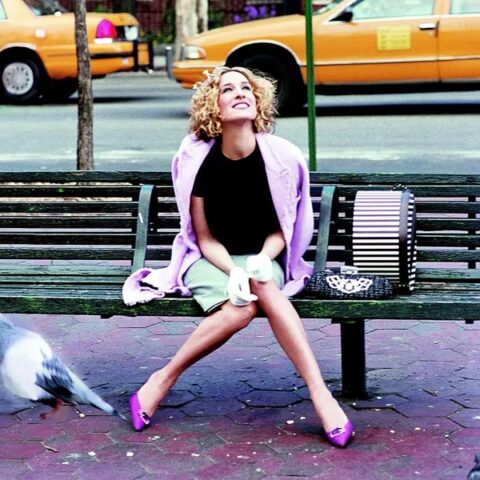A friend’s mother told me to think of grief as a beach. In the beginning, sorrow is like a breaking wave. Over time it becomes a gentle ebb. But the possibility remains that a surprise swell will sweep you off your feet. I later read that you shouldn’t explain grief to children through metaphor. It is better to focus on death’s permanence. Close, the second movie by Belgian director Lukas Dhont, follows a child learning to understand such permanence.
Thirteen-year-olds Léo (Eden Dambrine) and Rémi (Gustav De Waele) are intensely devoted best friends. They gaze at one another across the meadows of Léo’s family’s farm with unhindered tenderness. When the boys start middle school, their classmates’ insinuations of a gay romance fracture this intimacy. Léo takes up ice hockey and spurns Rémi’s attempts to reconnect. Rémi withdraws, initiating a cycle of reciprocal hurt. Like an effervescent painkiller dropped in water, the friendship’s dissolution is inevitable.
On the morning of a class trip, Rémi is nowhere to be seen. Léo’s mother meets Léo when the bus returns home, and he correctly intuits something terrible has happened. Rémi has taken his own life.
From this moment, Léo is no longer losing a friend, metaphorically. He has lost Rémi permanently. And so Léo becomes a sort-of grief detective, retracing his steps to understand the depth to which he is responsible for this community tragedy. Lead actor
Eden Dambrine personifies this guilt quest with a bitter innocence. Not until you see a child filmed like an adult, with a spark of inner character, do you recognise how often, in films, children are merely props. Blond, elfin Léo does not understand how much the
adults around him recognise his inability to speak despair. Let alone Sophie (Émilie Dequenne), Rémi’s grieving mother. And so, he struggles through this trauma alone.

Despite this tragic narrative, the film does not flounder in miserable images. Instead, it is rich and sensual, abounding in colour and flowers, and transitions from warm reds through cool silvers, rendering rural Belgium intensely gorgeous. Like photographer
Richard Misrach’s colourful images of the polluted Mississippi River, Close provokes by cross-pollinating beauty and unease. Even when Léo is directionless in guilt, soft light caresses his naive countenance.
By and large, the film does not entertain enigma. The mystery of death is sufficient. It is clear what has happened to Rémi, and we understand why Léo is suffering. This matter-of-fact plainness slips a little in the final moments. The camera lingers on Leo gazing
insolently, mysteriously, into the distance. It feels a little pat, appropriated from so many arthouse films seen before. But this is one stumble in what is an overwhelmingly well-felt film.
Although the camera focuses on Léo, centring him in the frame, the human activity around him creates a convincing, overwhelming realism. Scenes set at the ice hockey rink, on the farm, and in the schoolyard have a documentary-like liveliness. In keeping with this, the score is minimal. In the early scenes, Rémy plays the oboe. Once he is gone, so is the music. Claustrophobic sound design accompanies Léo’s compressed spirit, such as when he is in the car with his mother, and every passing vehicle drives by with a brittle swish. Dhont directs the film with clarity and intent, guiding the audience into a sympathy for Léo that ignites an identification with personal memories of grief and
friendship.
Roger Ebert famously described movies as ’empathy machines’, wittily acknowledging that although films make us feel compassion for those on screen, this familiarity is also a manufactured product. Close’s handheld camera and dappled light are stock codes of sensitive drama that prepare the audience to be on the verge of tears for the film’s second half. So why pay for such regimented suffering? Perhaps because, although Close is undeniably a painful movie, it is equally cathartic.
Related article: ‘Women Talking’ Movie Review








